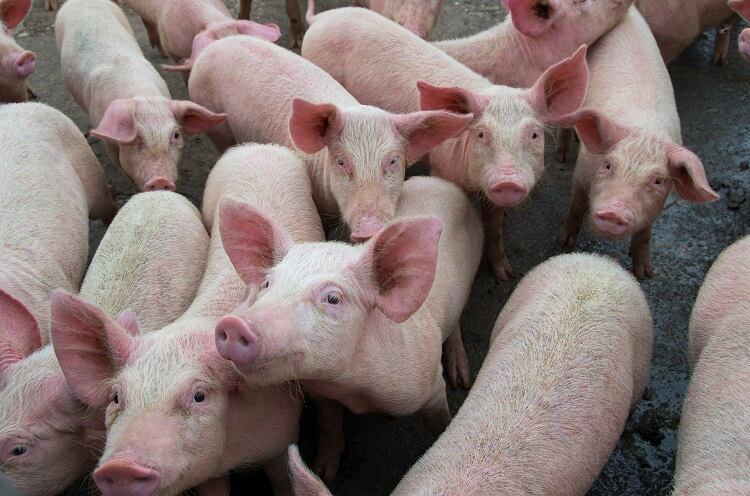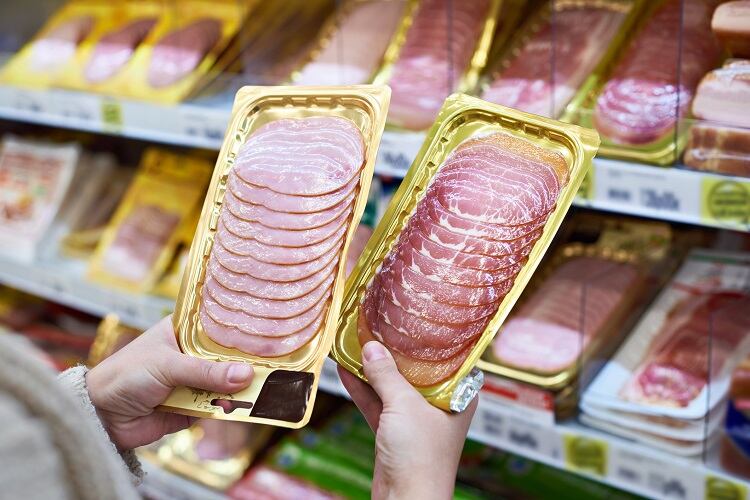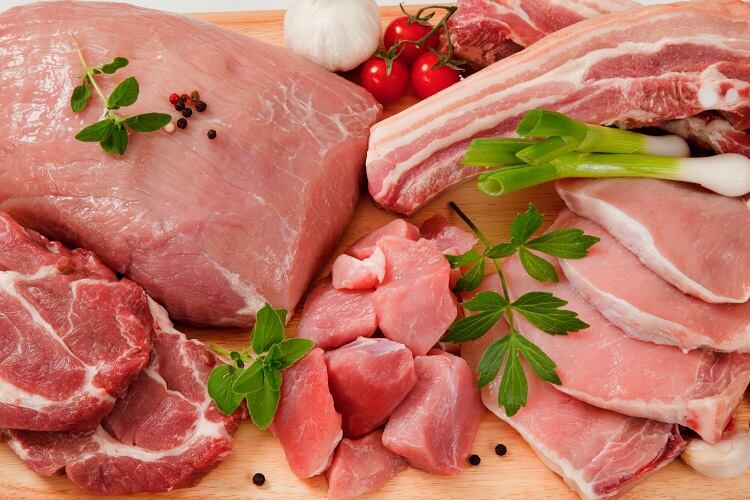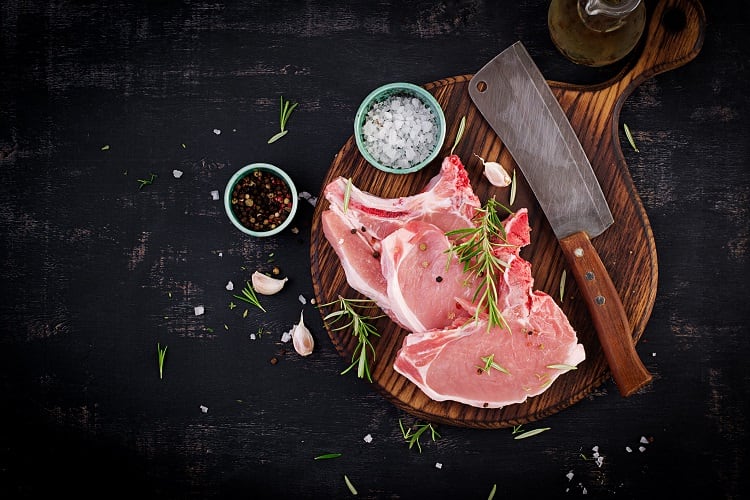Pilgrim’s UK says its pledge to achieve net zero CO₂ emissions by 2030 will see the company go ‘further and faster’ than any other major company in the sector.
Indeed, Britain’s biggest provider of higher welfare pork plans on reaching this milestone 10 years ahead of the National Farmers Union’s (NFU) industry-wide goal.
“We want to go further and faster with our sustainability targets,” according to Matt Dight, Head of Sustainability at Pilgrim’s UK, who told FoodNavigator the company is ‘well-placed to do so’.
Ahead of the game
While animal agriculture is known to be a significant emitter of greenhouse gas (GHG) emissions, pork is not the lead offender. Per kilogram of food product, beef is the leading contributor at 60kg of CO₂e. Lamb and mutton come in second place, at 24kg CO₂, followed by cheese at 21kg CO₂e.
Producing one kilogram of pork emits 6kg of CO₂e – a significant reduction compared to methane-producing animals. However, pork is the most widely eaten meat in the world, and as such, producers have an important role to play in reducing environmental impacts.
Pilgrim’s UK says it has been working to reduce its carbon footprint for years. All its pigs are reared regeneratively and form part of a mixed rotation for arable crops – all while being fed a low soya diet.
Last year, its average pig farm footprint was 2.53kg CO₂e/kg per live weight, which is half the industry average levels of emissions in the pork production process for the UK and Europe.
“We’ve been at the forefront of driving sustainability in agriculture and food processing for more than 30 years, meaning we’re able to build on progress already made in our agriculture supply chain,” said Dight.
Now, its new commitment is pushing the operation even further. In its ‘Pilgrim’s UK 2030’ sustainability strategy – developed in line with the UN Sustainable Development Goals – the business has unveiled steps to reach its net zero goal.
Step-by-step
Steps include significantly reducing emissions across all sites within the business’ supply chain and continuing to use 100% renewable electricity across its manufacturing sites.
“Each of our individual sites are working to reduce their carbon emissions to help realise our net zero ambitions,” Dight elaborated. “As part of this, we’re already using renewable energy, including solar generation, which we’re increasing across our sites.”

The company has also committed to using only 100% verified deforestation-free, sustainable soya by 2025. Pilgrim’s UK’s sustainability lead said the business has spent the last 10 years developing its pig diets, to ensure it is operating with the lowest soya usage in the industry.
“Our soya is sourced in line with industry best practice, and we’re a member of the Soya Transparency Coalition, as well as a member of the Roundtable on Responsible Soy Association, because we believe any changes to soya use need to be made by the industry at large,” he told this publication.
“Soya only makes up 8% of our own pigs’ diets – significantly less (50%) than any other pig supply chain in Europe. The small amount of soya we do use is sourced as Round Table on Responsible Soy (RTRS) credits, and we’ve accounted for 99% of all responsibly sourced soya for the past two years.”
Packaging is also a focus area for the pork producer, who has pledged to select formats on the lowest carbon options available. While packaging accounts for a much smaller proportion of its carbon footprint, Pilgrim’s UK wants to ensure that any packaging it uses is sustainable and has the minimum impact possible on the environment, we were told.
Neutralising emissions
The final step unveiled by Pilgrim’s UK, in its effort to achieve net zero within the next decade, is to neutralise all remaining residual GHG emissions using frameworks aligned with the Science Based Targets initiative (SBTi).
“As part of our net zero process, our aim is to reduce our footprint to as close to net zero as possible and offset the remaining footprint,” Dight elaborated. “Our 10-year action plan – Pilgrim’s UK 2030 – targets sustainability across farming, food production, packaging, business and community and in the products we produce.
“All of this contributes towards reducing the business’ carbon footprint by reducing our GHG emissions.”
While Pilgrim’s UK is not including its Scope 3 carbon emissions – indirect emissions in the value chain – in its 2030 commitment, the company has long been working to reduce such impacts.
“We’ve been working to reduce our Scope 3 emissions for more than 10 years now,” we were told. “Our Scope 3 targets have been SBTi assessed and validated – our own integrated supply chain is included within our 2030 net zero target, and we have long-term partnerships in place with retailers, to make this happen.”

Concerning key challenges facing Pilgrim’s UK in achieving its net zero target, the company’s sustainability lead suggested industry collaboration is critical.
“We can only make a genuine impact if we do so in collaboration with industry and the wider supply chain, and that means bringing the entire value chain on board,” he told this publication.
“That’s no mean feat, but we’re doing a lot of work to ensure this happens with partnerships across the wider sector, and through knowledge-sharing with independent producers, to drive change.”




